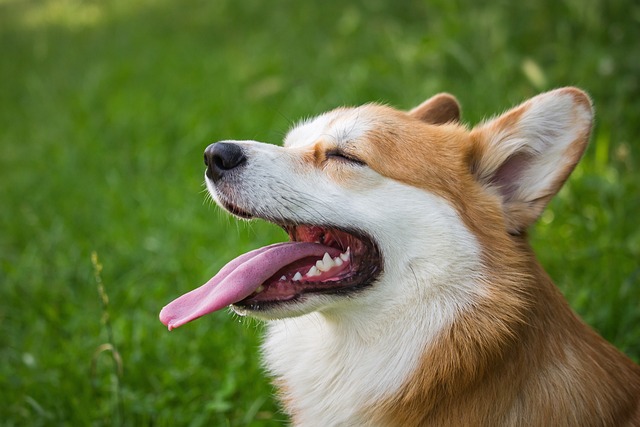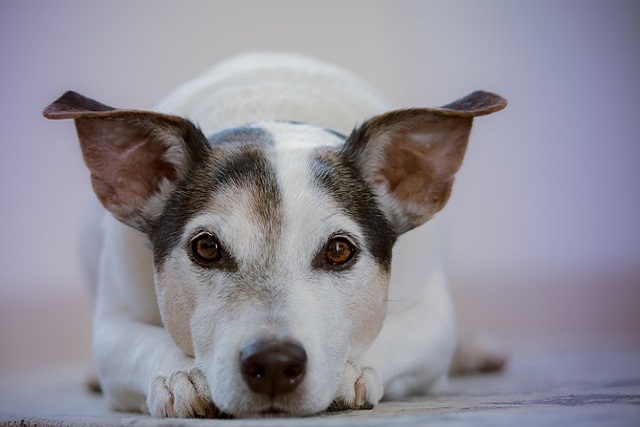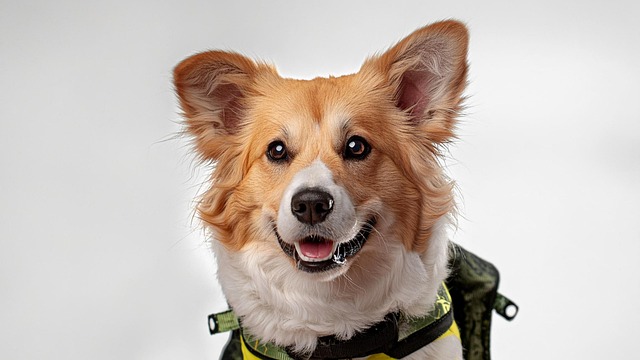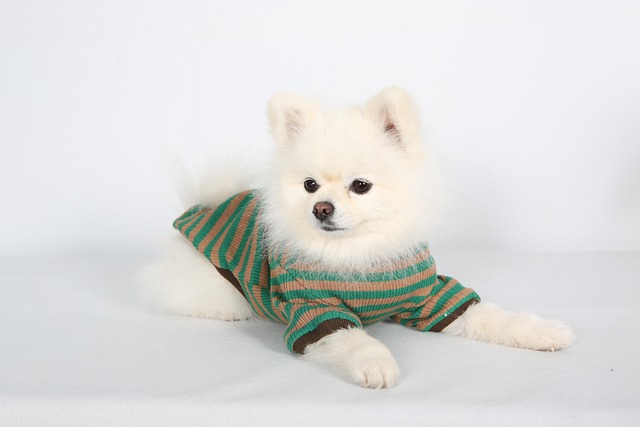
What vitamin is good for dogs' skin
Seeing your dog constantly scratch or noticing dry, flaky skin can make you wonder if a simple vitamin might be the solution.
Watching your usually bouncy pup mope around or turn their nose up at breakfast can be worrying. You might wonder, "Is this just teething, or is my puppy actually unwell?" The short answer is yes, teething can make your puppy feel temporarily under the weather, but it's crucial to know the difference between normal discomfort and signs needing a vet. When those 28 sharp little baby teeth start pushing out (around 3-4 months) to make room for 42 adult teeth, it causes significant gum inflammation. This biological process isn't just about chewing – it's a physiological stressor. You might notice slightly red or swollen gums, increased drooling (sometimes making their chin fur soggy), a mild decrease in appetite (especially for hard kibble), and even occasional low-grade fevers. Some pups get a bit of diarrhea or seem extra sleepy. Think of it like a toddler with sore gums; they’re just feeling crummy.
Managing this discomfort effectively and safely is key. Never reach for human pain meds – they can be deadly for dogs. Instead, focus on safe, soothing strategies. Offer frozen goodies: try freezing a damp washcloth, chunks of banana wrapped in cheesecloth, or vet-approved dental chews. The cold provides numbing relief. If they’re hesitant to eat, briefly soften their kibble with warm water or bone broth. Always supervise chewing and immediately replace any toy showing wear to prevent choking hazards. Gently massaging their gums with a clean finger can also help. Crucially, understand that fussiness or mild lethargy is normal, but persistent refusal to eat, vomiting, high fever, or extreme lethargy warrants an immediate vet call. Teething shouldn't cause severe illness; those signs point to something else, like an infection or parasite.

Here's where responsible pet ownership intersects with their discomfort, especially in shared spaces. If your teething pup seems extra whiny or restless indoors, resist the urge to skip walks – exercise is vital for their mood. However, leash manners matter! Always carry biodegradable waste bags (it's legally required in places like California and most UK boroughs, with fines for non-compliance) and be prepared for them to potentially chew the leash out of frustration. Carry a portable, safe chew toy to redirect them instantly if they start gnawing park benches or public fixtures. Ensure their core vaccines (especially rabies, distemper, and parvovirus – legally mandated across the US and EU before public outings) are current. Teething pups exploring the world with their mouths are more vulnerable to picking up nasties.
Remember, while teething can cause minor, temporary symptoms mimicking illness, responsible care means vigilance. If your apartment-dwelling pup seems unusually distressed, ensure their crate (used positively as a den, not punishment!) has soft bedding and cool teethers. Avoid noisy chew toys that disturb neighbors. Embrace force-free training methods exclusively; yanking their leash or scolding for chewing discomfort is ineffective and violates modern animal welfare standards prevalent in places like Seattle or Berlin. Positive reinforcement for chewing appropriate items builds lifelong good habits. Teething passes by 6-7 months, but addressing discomfort humanely and within community guidelines reinforces the compassionate pet-owner bond expected in Western cultures. When in doubt about symptoms? Your vet is the best partner.

Seeing your dog constantly scratch or noticing dry, flaky skin can make you wonder if a simple vitamin might be the solution.

If you’re a new dog parent in the US—maybe you’re sitting on your Portland apartment couch, staring at your 1-year-old Australian Shepherd

If you’re a new dog parent in the US—maybe you’re sitting on your Atlanta apartment floor, holding your 6-week-old Beagle puppy, Daisy, who’s curled up in your lap

If you’re a new dog parent in the US—maybe you’re standing in your Denver apartment’s kitchen, staring at a bag of high-quality puppy kibble and a bottle

Seeing your puppy grow daily is amazing, and it’s natural to want to give them every advantage, including supplements.

Brown stains on white dog fur aren’t just unsightly—they can also hint at underlying issues like tear duct irritation or poor grooming habits, which matter even more when you’re following local pet care laws.